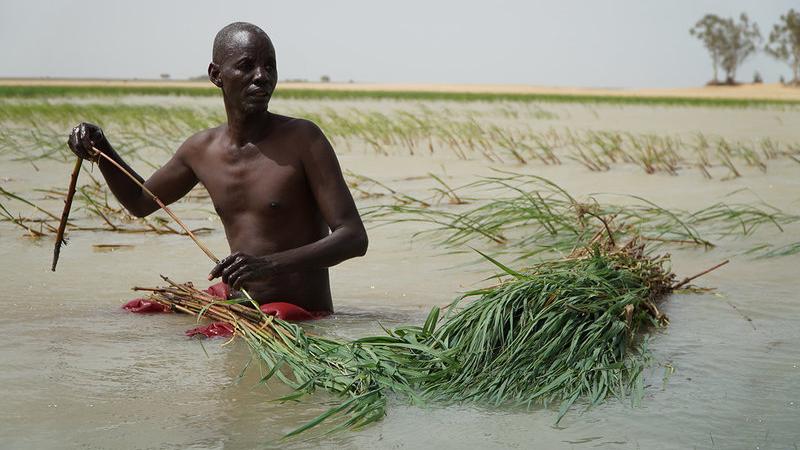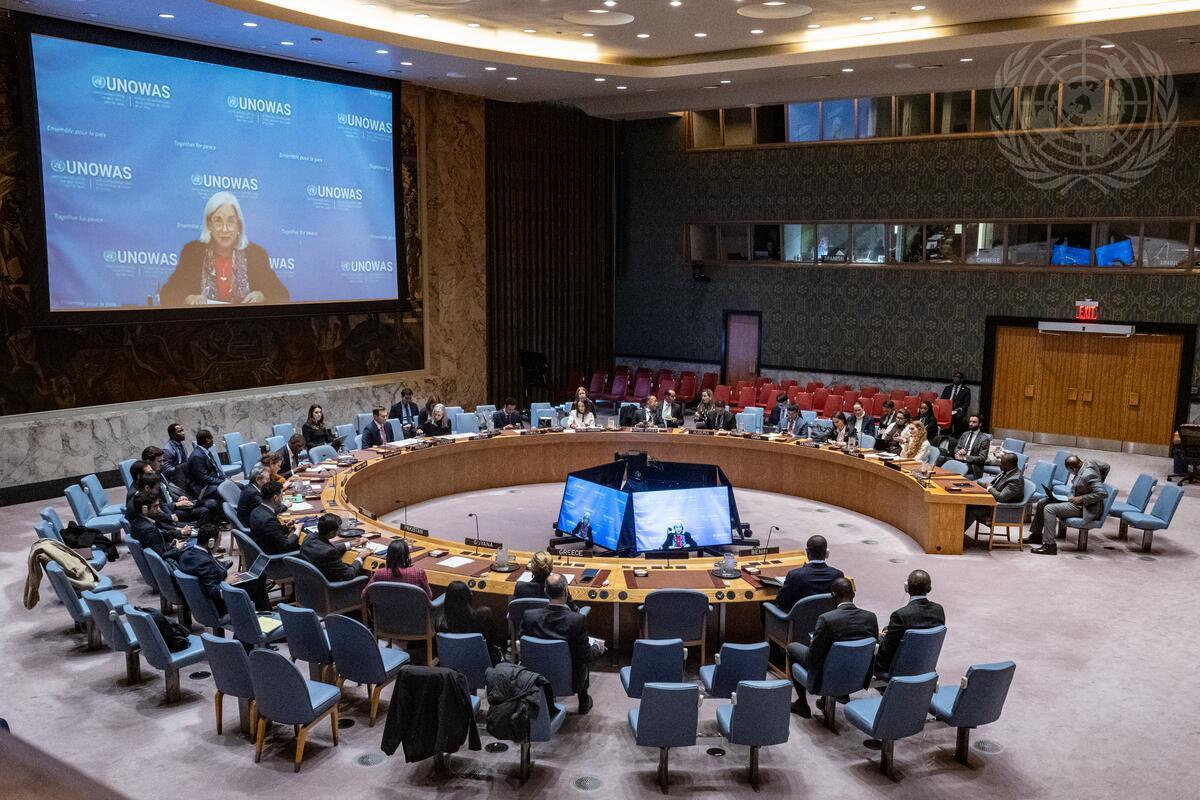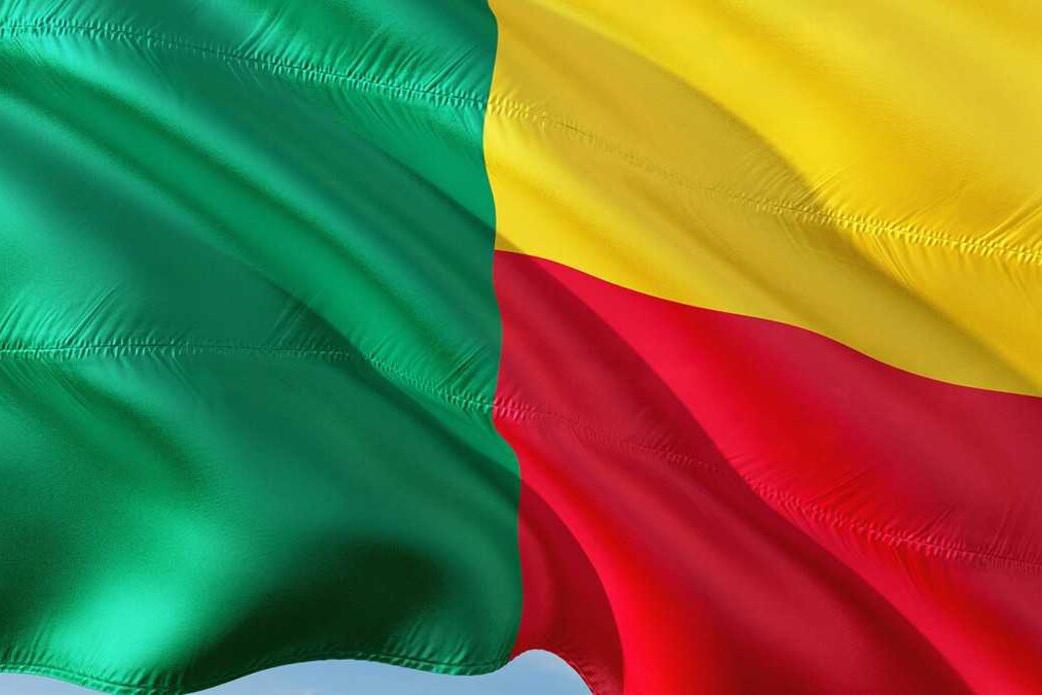The World Food Programme Regional Bureau for West and Central Africa (WFP RBD), is scaling-up its integrated resilience package for the G5 Sahel countries.
High levels of food insecurity, limited and unequal access to basic services, poorly integrated markets, recurrent climate shocks and increased insecurity constitute the daily reality of the people across the G5 Sahel countries.
In response to these complex challenges, and as part of its contribution to the implementation of the United Nations Integrated Strategy for the Sahel (UNISS), WFP has been active across the five countries.
From mid-2018, WFP has been able to reach 1,3 million people in 1,400 villages through integrated packages across the five countries, working with over 70 partners, government institutions and nine Sahel universities involved in planning, technical support and monitoring and evaluation systems.
In early 2019, WFP launched an integrated resilience programme that aims to build community assets and restore degraded ecosystems, promote education, improve nutrition, and create jobs for young people.
Planned for five years (from 2019 to 2023), the programme will help more than two million people to benefit from a minimum package of three to five integrated resilience interventions such as food and cash assistance for asset creation, school feeding, nutrition assistance, smallholder and farmer support and capacity strengthening, all layered and sequenced depending on the local context and priorities, as identified in the Three-Pronged Approach (3PA). The 3PA is a multi-level (national, sub-national and local) programming and planning approach to strengthen the design, planning and implementation of programmes in resilience building, safety nets, disaster-risk reduction, and preparedness. It rests on context analysis, participation of the most vulnerable, and partnerships building.
In Burkina Faso, WFP has been working with the government to strengthen social cohesion and increase access to food in the site of Bissighin (Centre Nord region). 1,160 community members participated in asset creation activities, rehabilitating in total 85 hectares of land, with more than 55 tons of yield expected. 2,000 kg of okra and cowpea were produced, leading to an estimated income of USD 850, strengthening women’s livelihoods and diversifying families’ meals.
More than 100 internally displaced people are currently being hosted in Bissighin, and the community has given 20 hectares of rehabilitated land to displaced families. With the harvest from their land, families are expected to have food stocks for 6 months to cover their needs and strengthen their self reliance.
In Chad, in Chaouir village (Guera region), WFP has been focusing on scaling-up gardening capacity, including through the installation of a high-capacity solar-water pump, increasing agricultural production, and integrating garden production with the school and resilience activities at household level.
200 families were provided with equipment and training to establish a vegetable garden to supply the local school canteen and increase families’ access to nutritious and diverse food.
Since 2018, the garden has been expanded to 4 hectares, and is currently producing nearly 30 varieties of vegetables, yielding at least 24 tons of fresh vegetables and more than 10 tons of staples (mostly sorghum and millet) per year. This helps to diversify local diets and address widespread micro-nutrient deficiencies.
In Mali, in the rural commune of Sio (region of Mopti), WFP has been implementing an integrated package of resilience-building activities, including through rehabilitating and creating key assets, nutrition-specific and sensitive activities and supporting smallholder farmers’ businesses and access to markets.
Other achievements by WFP were also critical and contributed to the improvement of the life condition of the community of Sio: the rehabilitation of a key bridge which has re-established physical access for villagers to neighbouring rice fields, health centres, schools and markets, the restoration of a 3-hectare pond provided access to fresh water year-round, allowing for different uses such as irrigated gardening, livestock/animal watering, fishing and brick-making, the newly rehabilitated and equipped dairy factory has improved the quality and quantity of dairy products, supporting and providing jobs for approximately 150 households, including local youth and women.
In Gvava site (Assaba region), in Mauritania, WFP has been working together with the community and partners for integrated action for nutrition, education and livelihoods.
These interventions helped improve water and soil management: some 130 women and men participated in the completion of a dike for rainwater retention, increasing water availability for crops and livestock and improving production on some 30 hectares with an estimated yield of 15 tons sorghum. The interventions also helped improve nutrition behaviour and awareness in the community nutrition centre, where some 50 pregnant women and mothers benefitted from the monthly sessions and learned about good maternal and child feeding practices, hygiene, health and nutrition.
In Niger, in Wacha (Zinder region), WFP with the Rome-based agencies (RBAs), United Nations Children's Fund (UNICEF) and the Government have been implementing a multi-sectorial, community-based integrated resilience approach.
Activities directly benefitted 385 households (2,680 beneficiaries), through facilitate increased and sustainable access to water through rehabilitation of 16 ponds, allowing to restore 204 hectares of land. The joint interventions helped also improve productivity through irrigation for gardening and winter production on more than 30 hectares, and strengthened community ownership and social cohesion: in 2018, of the vegetable produce, 50 percent was used for consumption and 50 percent was used to finance activities of community interest. The community further organised mutual support structures and a cereal bank.
The above show that transformation is possible in the Sahel. To achieve transformative results, community participation and operational partnership through effective coordination are critical to leverage complementary action and support the G5 Sahel countries improve living conditions of the population.
As part of its engagement in the implementation of the UNISS, WFP with UN agencies, G5 Governments institutions, NGOs and other partners are redoubling their efforts to support agricultural development, livelihoods, nutrition, education, smallholder farmer support, capacity strengthening, and social protection.
This article is published in the UNOWAS Magazine N10 -> Download here






